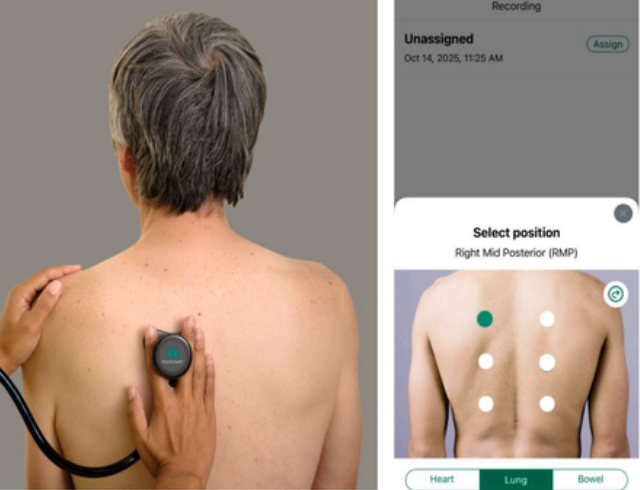Sleeping with the Lights On? Nighttime Light Exposure May Raise Heart Disease Risk, Study Finds

NEW DELHI– If you sleep with the lights on, you may want to reconsider. A new study led by an international team of researchers suggests that brighter nighttime light exposure significantly increases the risk of developing several major cardiovascular diseases.
The study—conducted by researchers from the Flinders Health and Medical Research Institute in collaboration with colleagues in the UK and US—found that nighttime light exposure disrupts the circadian rhythm, which is already known to affect cardiovascular health. However, this new research goes further, highlighting how personal light exposure habits may predict an individual’s risk for heart disease.
The large-scale study, which is yet to be peer-reviewed and is currently posted on the preprint site medRxiv, analyzed data from 88,905 individuals. The researchers tracked approximately 13 million hours of personal light exposure using wrist-worn sensors over the course of a week.
They found that individuals exposed to brighter light while sleeping had significantly higher risks of developing five major cardiovascular conditions:
-
Coronary artery disease
-
Myocardial infarction (heart attack)
-
Heart failure
-
Atrial fibrillation (irregular heartbeat)
-
Stroke
The study also revealed that the associations were particularly strong in women, especially for heart failure and coronary artery disease, and in younger individuals, who were more likely to develop heart failure and atrial fibrillation.
“Night light exposure was a significant risk factor for developing cardiovascular diseases,” the researchers stated.
“In addition to current preventive measures, avoiding light at night may be a useful strategy for reducing cardiovascular disease risk.”
Importantly, the study’s findings held up even after accounting for known cardiovascular risk factors such as physical activity, sleep duration, smoking, alcohol consumption, diet, socioeconomic status, and genetic predisposition.
The researchers explained that artificial light at night may interfere with the body’s circadian rhythm, triggering metabolic and vascular disruptions that elevate heart disease risk.
This study adds to growing evidence that light pollution and personal nighttime light exposure may have broader health consequences than previously understood. (Source: IANS)





